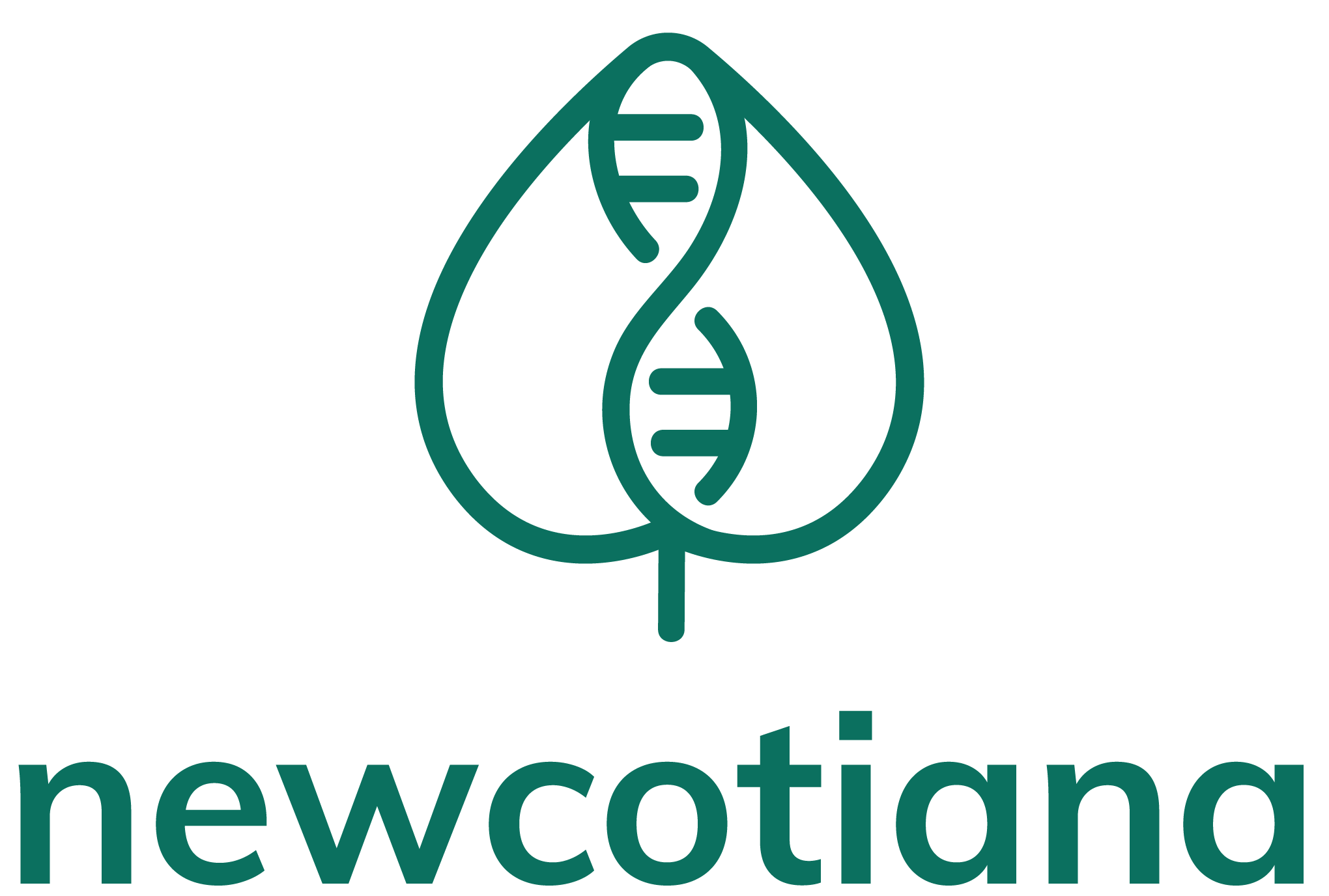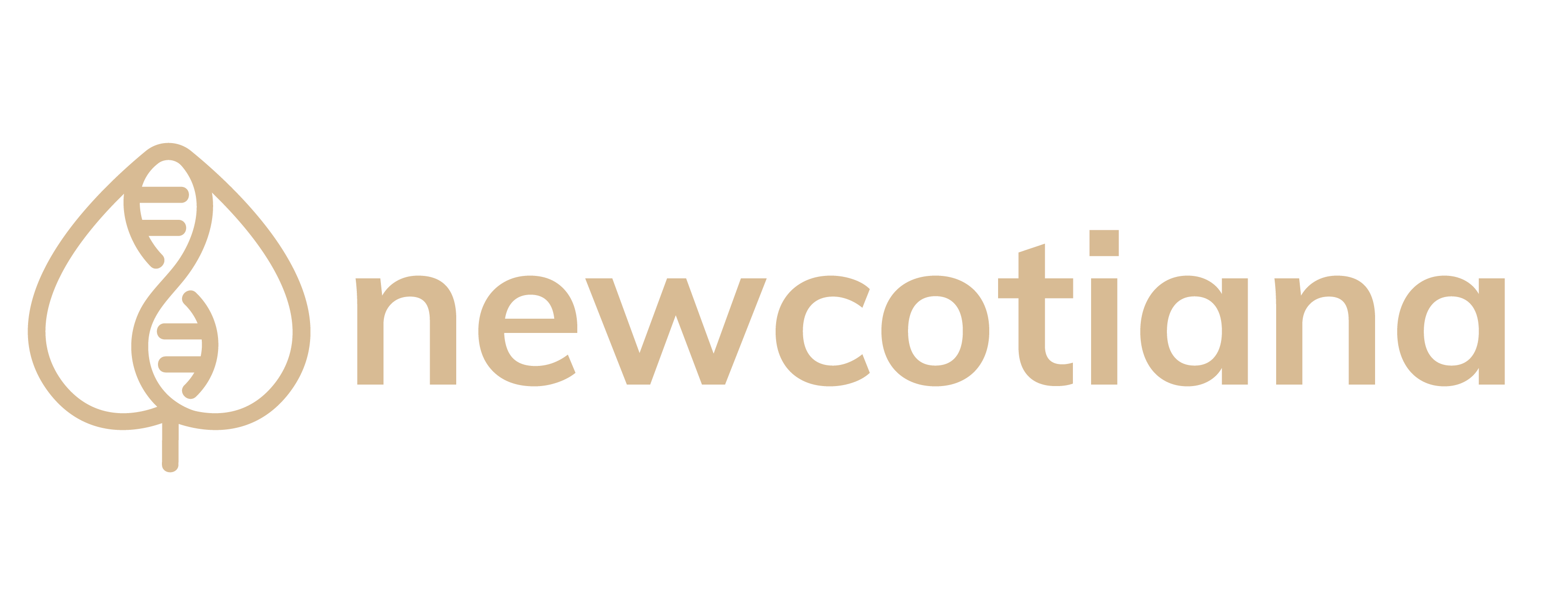CALL FOR ARTISTS IN RESIDENCE
OPEN CALL
Biofaction is seeking applications for new Artist in Residence programmes. Four artists will be invited to work for four to six weeks at various laboratories across Europe. The residencies will start in Fall 2020 and will conclude in May 2021. They will be held in two parts, and the exact dates will be set by taking both artist and laboratory schedules into account, and with an eye to the situation in each locale (e.g. travel, safety regulations etc.).
As an artist in residence, you will actively engage with scientists working on one of three Synthetic Biology related projects that delve into fascinating areas: plant molecular farming, new-to-nature reactions, and cell factories. We welcome applications from artists, designers, biohackers, musicians, or other cultural practitioners who want to carry out artistic work with biological media. The collaborating laboratories will make sure to provide space and personal interaction for mutual exchange with the artists. Biofaction is responsible for organising and curating the residencies. At the end of the residency programmes all works and/or their processes will be documented and compiled in form of a book, initiated by Biofaction and cocreated together with the participating artists and scientists.
For each artist, a stipend of up to 7000 € is provided by the European Union’s Horizon 2020 research and innovation projects MADONNA, NEWCOTIANA and SINFONIA. It covers travel, local expenses, living allowance as well as (partial) support for the production and showcasing of the artistic prototype or finished work.
OBJECTIVES
Our residency programmes seek:
- to explore arts or alternative cultural practices interacting with Synthetic Biology, particularly in regard to visions, challenges, philosophical, aesthetic, and ethical aspects;
- to add critical, unusual and comprehensive perspectives to Synthetic Biology, its societal ramifications and cultural aspects;
- to investigate the potential long-term changes Synthetic Biology might bring to society.
For more information about us and our work, visit us at http://www.biofaction.com
PROCEDURE
To apply for a residency, please send us your contact details, CV, and your portfolio with related or comparable projects. Please indicate clearly which of the three projects you are applying for and include the project name in the subject line of your email. You can also provide us with a link to your online portfolio. If you prefer sending an online portfolio, please link specifically to related or similar projects. We also ask for a motivation letter, explaining your work, you as an artist, and how your work fits to the
themes of this open call. Please share with us the following in your letter as well:
- Your motivation for submitting your work
- Your perspectives on the objectives of this residency programme
- The idea you want to explore in this residence. (While changes, unexpected surprises or focus shifts are only to be expected during the residency, we want to see a clear intention from the beginning.)
- Anything else you find worth mentioning!
Send your complete application with all materials to: art-science@biofaction.com.
The call will be closed on 30 June 2020.
We highly recommend you read and research about the three EU projects and the collaborating laboratories before applying. We prepared an overview below but suggest following the links to each project and institution to get a better understanding. You can apply for more than one artist in residence programme; however, you will need to send separate applications for each.
We will contact the shortlisted artists and arrange telemeetings to get to know them and their work better. Final decisions will be made at the end of summer 2020, and the selected artists will be contacted via email as well as announced on our website.
PROJECT OVERVIEWS & LABORATORIES
NEWCOTIANA
We are searching for one resident at the Institute for Infection and Immunity, St George’s, University of London.
Possible Themes: #plantmolecularfarming #plantbreedingtechniques #crispr #pharming #health #biofactories #tobacco #agriculture #farmers
Tobacco (Nicotiana tabacum) is a crop used to produce cigarettes. With overwhelming scientific evidence that smoking is harmful, even some major cigarette companies are now committed to end smoking. Tobacco plants can, however, also be used for other purposes that are clearly beneficial for health.
NEWCOTIANA explores these new possible use cases of tobacco plants. The project combines several New Plant Breeding Techniques (short: NPBTs) to produce high value substances in tobacco plants (Nicotiana tabacum oraz Nicotiana benthamiana) by turning their leaves into efficient plant factories for medical, pharmaceutical, and cosmetic products. For this purpose, the project’s scientists are using technologies such as genome editing (CRISPR/Cas9), agroinfiltration, grafting and intragenesis. In this way, tobacco will be bred to produce vaccines, antibodies, and other health-promoting substances including anti-aging or anti-inflammatory compounds, thus potentially transferring the declining tobacco cultivation in EU into an innovative and sustainable agricultural sector.
For more information visit: https://newcotiana.org
Project in Numbers:
| Countries | Partners | Budget | Duration |
|---|---|---|---|
| 7 | 19 | 7.2 M€ | 4.5 years |
PARTNER
The Institute for Infection and Immunity – St George’s, University of London.
By developing a better understanding of pathogen biology and human immune responses, the Institute for Infection and Immunity at St George’s works to enhance diagnosis, prevention and treatment of infectious disease and conditions linked to immune system function.
From pioneering genomic studies of bacterial pathogens, to innovative developments of plant-derived biopharmaceuticals, the institute remains at the forefront of global infectious disease research.
For more information visit: https://www.sgul.ac.uk/about/our-institutes/infection-and-immunity
Prof. Julian Ma: jma@sgul.ac.uk
MADONNA
We are searching for one resident with the Cronin Group, School of Chemistry, University of Glasgow, and another one at the Molecular Environmental Microbiology Laboratory, Centro Nacional de Biotecnologia, CSIC Madrid.
Possible Themes: #new-to-naturereactions #CO2capture #silicobiology #chemorobot #engineeredbacteria cyborgisedbacteria #syntheticbacteria #terraforming #sustainableproduction
Since the 19th century, industrial production has been operating mainly in one direction – from resources to products. These unsustainable processes generate tremendous amounts of waste which massively affect the environment, transforming the planet’s climate.
MADONNA explores new-to–nature (NTN) reactions to reverse this unsustainable system by integrating living matter into the process. These reactions can be carried out by living organisms, if new-to–nature (NTN) reactions can be included into their genome. MADONNA investigates the use of genetic engineering, directed evolution, chemo-robots, and complex computer models to help microorganisms incorporate these new abilities. This will allow them to turn industrial waste into a resource, reversing the process and closing the cycle of production.
For more information visit: http://madonnaproject.eu
Project in Numbers:
| Countries | Partners | Budget | Duration |
|---|---|---|---|
| 6 | 8 | 3 M€ | 4 years |
PARTNERS
The Cronin Group – School of Chemistry, University of Glasgow
Research in the Cronin Group at the University of Glasgow is motivated by the fascination for complex chemical systems, and the desire to construct complex functional molecular architectures that are not based on biologically derived building blocks.
The Cronin Group has four key missions: to explore the assembly of artificial life in the lab; the digitization of chemistry and self-assembly; to elucidate the fundamentals of information theory in chemistry; and to create a chemical computer.
For more information visit: http://www.chem.gla.ac.uk/cronin/
Prof. Lee Cronin: lee.cronin@glasgow.ac.uk
The Molecular Environmental Microbiology Laboratory – Systems Biology Program, Centro Nacional de Biotecnologia, CSIC Madrid.
The Molecular Environmental Microbiology Laboratory in Madrid has a formidable mission: the production of biological agents for biosensing, remediation and valorisation of chemical waste that is otherwise dumped into the Environment. To this end they use the Gram-negative soil bacterium and plant-colonizer Pseudomonas putida.
The research and scientific endeavour undertaken at the Lab expose fundamental and fascinating biological questions on the evolution of the metabolic network.
For more information visit: http://wwwuser.cnb.csic.es/~synbio/
Prof. Lee Cronin: vdlorenzo@cnb.csic.es
SINFONIA
We are searching for one resident at the Novo Nordisk Foundation Center for Biosustainability, Technical University of Denmark. Musicians oraz composers are especially welcome to apply for this programme.
Possible Themes: #cellfactories #F-chemicals #Fluorine #biofluorination #toxicproduction #biologization #health #environment #sustainableproduction
Overview:
Materials containing the element fluorine (F) are extremely important and find applications in electronics, healthcare, automotive and wearables. Currently these materials are exclusively synthesized using chemical methods, leading to toxic production processes that have negative impacts on environment and people.
SINFONIA wants to change the way fluorine is produced by using Synthetic Biology. The project develops ways to generate novel fluorine production methods using renewable substrates. By engineering the metabolically versatile bacterium Pseudomonas putida to execute biofluorinations, the project’s scientists aim to design alternative sustainable bioprocesses for fluorine production.
For more information visit: https://www.sinfoniabiotec.eu
Project in Numbers:
| Countries | Partners | Budget | Duration |
|---|---|---|---|
| 12 | 13 | 7.9 M€ | 4 years |
PARTNERS
The Novo Nordisk Foundation Center for Biosustainability – Technical University of Denmark
The Novo Nordisk Foundation Center for Biosustainability (DTU Biosustain) at the Technical University of Denmark aims at developing new knowledge and technologies to help facilitate the transformation from the existing oil-based chemical industry to a more sustainable bio-based society in which chemicals are produced biologically.
A combination of basic and applied research, a translational scope with focus on entrepreneurship and a modern workflow makes the Center unique in its approach to cell factory design and development.
For more information visit: https://www.biosustain.dtu.dk
Dr. Pablo Ivan Nikel: pabnik@biosustain.dtu.dk
These Artist in Residence programmes are financially supported by three research projects funded by the European Union’s Horizon 2020 Research and Innovation programme: Newcotiana (grant agreement No. 760331), MADONNA (grant agreement No. 766975), and SinFonia (grant agreement No. 814418).
You can download the open call text tutaj



